The European steel industry will be hit with “significant costs” thanks to the newly agreed EU Emissions Trading System, according to EUROFER – the European Steel Association.
Reform negotiations of the Emissions Trading System concluded yesterday after more than two years, but fall short of securing a global level playing field for the EU steel industry, which faces fierce global competition, said EUROFER.
“We recognise the efforts made by the European Parliament to secure the global competitiveness of the EU steel industry,” said Axel Eggert, EUROFER Director General. “However, the agreement falls short in achieving this objective as even the most efficient steel plants in Europe are likely to face significant costs resulting from the system.”
“These are costs that other steel industry contenders do not have to bear, risking a sector that is more exposed than most to global competitive pressures.
“The final agreement adjusts some elements in the initial proposal, but it would have been possible to have developed a better package; one that could have balanced climate protection whilst limiting the impact upon industrial competitiveness. Unfortunately, many of the European Parliament’s more supportive proposals have not found their way into the agreement.”
“The agreement provides only partial response to the steel industry’s concerns”
In particular, the recognition of the full carbon content of unavoidable waste gases used in power plants – which is vital if realistic steel benchmarks are to be set – has not been reflected in the final text. The measures to avoid the application of the Cross Sectoral Correction Factor (CSCF) are likely to be insufficient. No agreement was found to fully offset indirect costs in all member states for sectors at risk of carbon leakage, such as steel. The doubling of the Market Stability Reserve (MSR) uptake rate, and the invalidation of up to three billion allowances in the MSR by 2030, will also significantly increase the carbon price and undermine the very cost-efficiency aims expressed in the legislation itself.
“Disappointingly, the final agreement provides only partial responses to the steel industry’s concerns,” Eggert added. “In EUROFER’s view, this includes the limited flexibility in the distribution of auctioned and free allowances to reduce the CSCF, and a lower benchmark reduction rate.
“Policy makers could have avoided additional direct and indirect carbon costs to EU steel companies, including best performers, whilst nonetheless retaining the overall climate ambition.
“A competitive and innovative European steel industry is essential for the transition towards a low carbon economy. Policy makers must build a level playing field and help develop a masterplan for the development and implementation of breakthrough technologies with competitive costs.”

